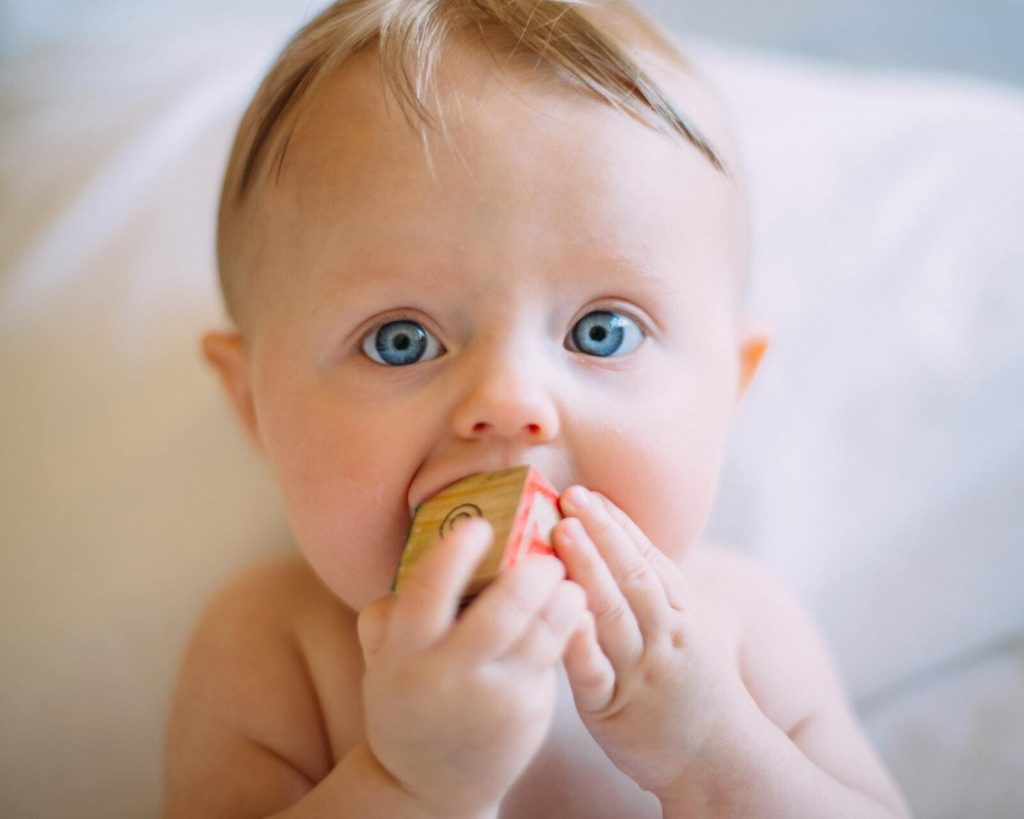Keeping your infant safe and healthy is part of being a responsible parent. You’re laying the groundwork for a lifetime of healthy habits by satisfying their daily requirements, such as sleeping, washing, and diapering. Yet, there is more to the process, so get to know how to protect your baby in the best shape by checking our tips below.
Protecting Your Surroundings
Hiring a caregiver for an infant is a typical situation for busy parents. However, caregivers who are sick might be difficult to deal with. When parents open the door to a babysitter and find them pallid and sniffling, they fear the worst. When a child-care worker is unwell, what should a parent do? There is no simple solution. The daycare’s management should be able to answer any questions you have regarding their policies. If they’re unwell, do instructors have to remain at home? What further steps do they employ to protect the children if they work sick? If you’re looking for a daycare, be sure to inquire about paid sick days. If they don’t, the workers will be more inclined to come in sick because they’ll have no choice but to work.
You still have to decide at the end of the day. Taking a day off work or canceling arrangements may be a better option than allowing a sick individual to care for your child. However, it’s not always possible to do that. Alternatively, ensure your baby’s caretakers have enough hand sanitizer and antibacterial wipes on hand if you must leave your child with someone who is unwell.
Preparing Baby Food At Home
During the first few months of your baby’s life, you can start adding a variety of food and textures into their diet. There is a lot more flexibility in the kitchen with this than with breastfeeding or formula. Is there anything else you can feed your baby with? Depending on your baby’s nutritional and lifestyle goals, you may or may not need to supplement their diet. As a handy grab-and-go alternative for parents, store-bought infant food is enticing. However, making baby food at home is the healthiest alternative during this critical period of growth and development for your child.
Commercial products are much more expensive as they involve additional charges such as packaging and other production costs. While ready-made baby food is ideal for on-the-go feeding, it can be far from healthy for your little one. Shocking information about toxic metals in baby food has recently been found through scientific research. By preparing your own baby meals in bulk, you would be aware of what goes into your child’s system, as well as saving money you don’t need to be spending. Preparing your baby’s meals ahead of time and storing them properly will also save you a ton of time and effort in the middle of the workweek.!
When it comes to prepping and storing your fresh, homemade baby food, a number of useful tips and tricks can be found online. Preserve your homemade treats in compact single-serving containers, or even an ice cube tray, for convenience.

Continue Breastfeeding
Your infant will reap the benefits of breastfeeding far into adulthood. It doesn’t matter how much breast milk you give your baby. There are more advantages and longer-lasting protection if you breastfeed, as it can minimize your baby’s risk of illness, diarrhea, and vomiting, with fewer visits to the hospital as a consequence. In addition, breastfeeding for at least 6 months may also lessen your child’s risk of developing childhood leukemia, according to some research.
However, further investigation is required. During the first 6 months of your baby, it is suggested that you exclusively breastfeed them. For as long as you and your baby wish, you can continue feeding your infant with breast milk in addition to solid meals. Breast milk changes to match your baby’s evolving demands as they grow older.
Be Cautious with Carriers and Slings
Even while baby carriers are an easy and convenient method to carry a child, they can put the child at risk of suffocating if they are not used appropriately. Babies are unable to shift out of a risky posture that could obstruct their airways until they are at least 6 months old. Both postures provide a substantial risk to the baby; when the baby’s face is forced against the wearer’s body or the sling’s fabric, and when the baby’s chin is resting on the wearer’s chest. Parents should consult their doctor before using a sling on a baby who is premature, has a low birth weight, or is otherwise ill.
Remember that your baby’s health depends on your own well-being. Rest whenever you can and be aware of your limits. You and your child will benefit greatly from practicing the art of saying no when the time is right. So just say no to anyone or anything that can put you or your mental wellbeing at risk.






